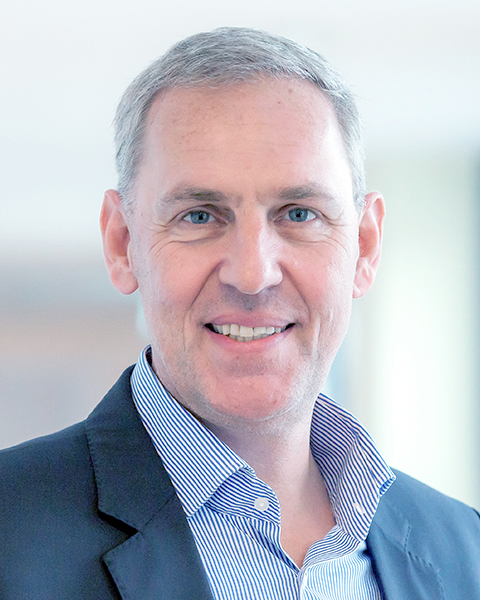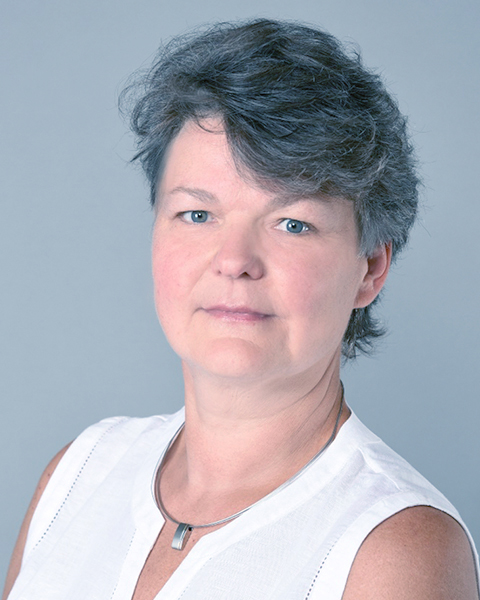
Dept. of Psychiatry and Psychotherapy, Centre for Psychosocial Medicine, University Medical Centre Hamburg-Eppendorf
Contact
Tel.: +49 (0) 40 7410 – 24041
Mail: lambert@uke.de

Dept. of Psychiatry and Psychotherapy, Centre for Psychosocial Medicine, University Medical Centre Hamburg-Eppendorf
Contact
Tel.: +49 (0) 40 7410 – 57728
Mail: karow@uke.de

Dept. of Child and Adolescent
Psychiatry, Psychotherapy and Psychosomatics, Centre for Psychosocial Medicine, University Medical Centre Hamburg-Eppendorf
Contact
Tel.: +49 (0) 40 7410 – 53603
Mail: s.wiegand-grefe@uke.d
Contact
Tel.: +49 (0) 40 7410 – 24041
Mail: lambert@uke.de
Contact
Tel.: +49 (0) 40 7410 – 57728
Mail: karow@uke.de
Contact
Tel.: +49 (0) 40 7410 – 53603
Mail:s.wiegand-grefe@uke.de

Director German Centre for Addiction Research in Childhood and Adolescence, Centre for Psychosocial Medicine, University Medical Centre Hamburg-Eppendorf
Contact
Tel.: +49 (0) 40 7410 – 59307
Mail: thomasius@uke.de
This research consortium is dedicated to the following aims:
1. To investigate and implement effective and efficient prevention strategies, as well as early detection and intervention services with a particular focus on serious mental illness.
2. To involve families and the social network of affected children and adolescents in order to assure support and optimize results.
3. To address impulsive, risk- and addictive behaviour in children and adolescents, as common precursor or comorbidity of serious mental health problems.
A. Karow and M. Lambert together lead the Early Intervention Service (EIS) at the University Medical Centre Hamburg-Eppendorf, with more than 600 cases (12+ years of age) treated per year. The EIS is an interdisciplinary, transdiagnostic, and age-spanning service in cooperation with the child, youth and adult psychiatry of the UKE. The main focus is the early detection of young people who are at risk for serious mental illness, such as psychoses, borderline personality disorder, or bipolar disorder. The concept was also build upon expertise gained in interchange with Orygen Youth Health, Australia (Prof. Patrick McGorry). The EIS was further expanded by the initiation of a specialized day-clinic for prodromal and first-episode psychosis. Our EIS was the first in Germany to be officially funded within standard care, which is another reason why we strongly advocate the establishment of similar and other, low threshold services and youth centers across Germany for the future.
A. Karow and M. Lambert have launched and successfully implemented interventions for early detection and intervention, such as for prodromal psychosis, bipolar disorder, and early signs of mental illness in general. They are part of a nation-wide German early detection and intervention network (psycho-check.com). They advocate health literacy for children and adolescents (e.g. they launched a Hamburg-wide early detection campaign) and are dedicated to assure high quality of care (high-fidelity Assertive Community Treatment; ACT; see care models).
The prevention, early detection and intervention team strongly relies upon the idea of family involvement. Families carry a large burden for members with (serious) mental illness. Hence, S. Wiegand-Grefe developed several care models for treatments involving families (e.g. see https://www.chimpsnet.org/en/ or https://www.carefamnet.org/en/). In her family ambulance, located at the Dept. of Child and Adolescent Psychiatry, Psychotherapy and Psychosomatics at UKE, about 200 family-based treatments are delivered per year, mainly including parents with mental illness and their children, or children with mental or physical illness and their parents. She wrote numerous books and manuals and shaped guidelines to promote the inclusion of families in the treatment and prevention of mental illness.
R. Thomasius is known for his development and evaluation of help-seeking-support-services and programs to reduce impulsivity, emotion regulation problems, problematic behaviour (e.g. excessive internet gaming) and substance use in children and adolescents. He employs different methods and uses several modalities to reach a maximum of individuals, including eHealth interventions and applications, parental and public education, and psychotherapy. At the German Centre for Addiction Research in Childhood and Adolescence, located at UKE, per year several hundreds of children and adolescents, as well as their families, receive high-quality care and support.
Early CBT – Cognitive behavioural psychotherapy for individuals at high risk for bipolar disorders. In this multicentre RCT the efficacy and safety of early cognitive behavioural therapy for young adults suffering from first signs of bipolar disorder is evaluated, including teaching stress management and problem solving skills to help individuals to overcome problems in everyday life. The recruitment phase of this project is completed, and it is currently in the evaluation phase.
https://pubmed.ncbi.nlm.nih.gov/24886581/
BipoLife. Multiple trials aim at the identification of more valid diagnostic markers of early bipolar disorder, its improved multi-causal understanding, and according targeted early intervention. Within the scope of a national network (including e.g. researchers in Dresden, Marburg, & Göttingen), A. Karow and M. Lambert investigate early detection and intervention methods and strategies for individuals at-risk for bipolar disorder, including the implementation of routine services and low-threshold assisted, and self-help interventions (ambulatory, smartphone app-based monitoring and intervention system of signs and symptoms).
https://journalbipolardisorders.springeropen.com/articles/10.1186/s40345-016-0066-0
CHIMPS-NET – Children of Mentally Ill Parents. This is a multicentre trial/ project and national consortium, involving PI S. Wiegand-Grefe, several national partners, including health insurances, public stakeholders, and others. International researchers from Australia, UK, USA, and Norway are part of the research network. The aim is to implement healthcare for families with mentally ill parents in order to prevent mental illness and other problems in their children.
https://www.chimpsnet.org/en/
IMAC Mind. In this national research network, R. Thomasius coordinates several projects (partnering sites include e.g. Köln, Rostock, Nürnberg, Bochum), that aim at the identification and prevention of problematic substance use in children and adolescents. Interventions include promoting health literacy in parents and via public information, eHealth support and apps, and targeted psycho-therapeutic interventions (e.g. mindfulness-based therapy to improve emotion regulation and awareness).
ProHead: Promoting Help-seeking using e-technology for adolescents. In this national collaboration project, R. Thomasius and partners are developing early screening tools for substance abuse in teenagers. To mitigate abuse and prevent progression into more serious mental health problems, they apply e-technology and interventions. Partnering sites include institutions in e.g. Mannheim, Marburg, Leipzig, Heidelberg, and others.
CHIMPS-NET: Children of Mentally Ill Parents. This is a multicentre trial/ project and national consortium, involving several national partners, including health insurances, public stakeholders, and others. International researchers from Australia, UK, USA, and Norway are part of the research network. The aim is to implement care, together with according methods and standards, for families with mentally ill parents in order to prevent mental illness and other problems in children.
https://www.chimpsnet.org/en/